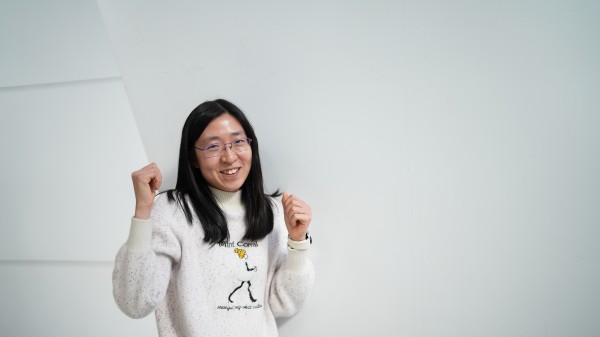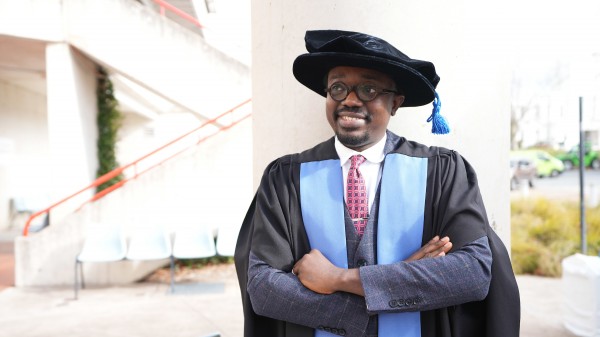The topic
Social connection is one of most robust predictors of good health known to science. So why don't we have better solutions to loneliness? This talk describes two new approaches to solving this problem. The first, Groups 4 Health, builds a sense of group-based belonging in small groups of people experiencing loneliness. Groups 4 Health reduces loneliness and depression up to one year later, with effects at least as powerful as the current gold-standard in psychological therapy, cognitive behaviour therapy. The second approach, Neighbour Day, tackles loneliness in the whole community by building a sense of connection to one's local neighbourhood. Neighbour Day not only leads to a sustained boost in identification with one's neighbours up to six months later, but also reduced loneliness, increased social cohesion, and improved wellbeing.
Want to know more?
Access the scientific papers here:
doi:10.1192/bjp.2021.128 (freely available)
https://doi.org/10.1016/j.socscimed.2021.113909
About the speaker
Associate Professor Tegan Cruwys is an NHMRC Research Fellow and Clinical Psychologist at The Australian National University. Her research expertise is in how social relationships shape mental health and specifically focuses on advancing theoretical understanding of the social determinants of health, and with translational impact that improves outcomes for marginalised communities. With over 100 academic publications, she has made internationally recognised research contributions to the study of loneliness, depression, eating behaviour, social identity, group psychotherapy, and health risk taking.









